Reagan’s Tax Reforms Revisited
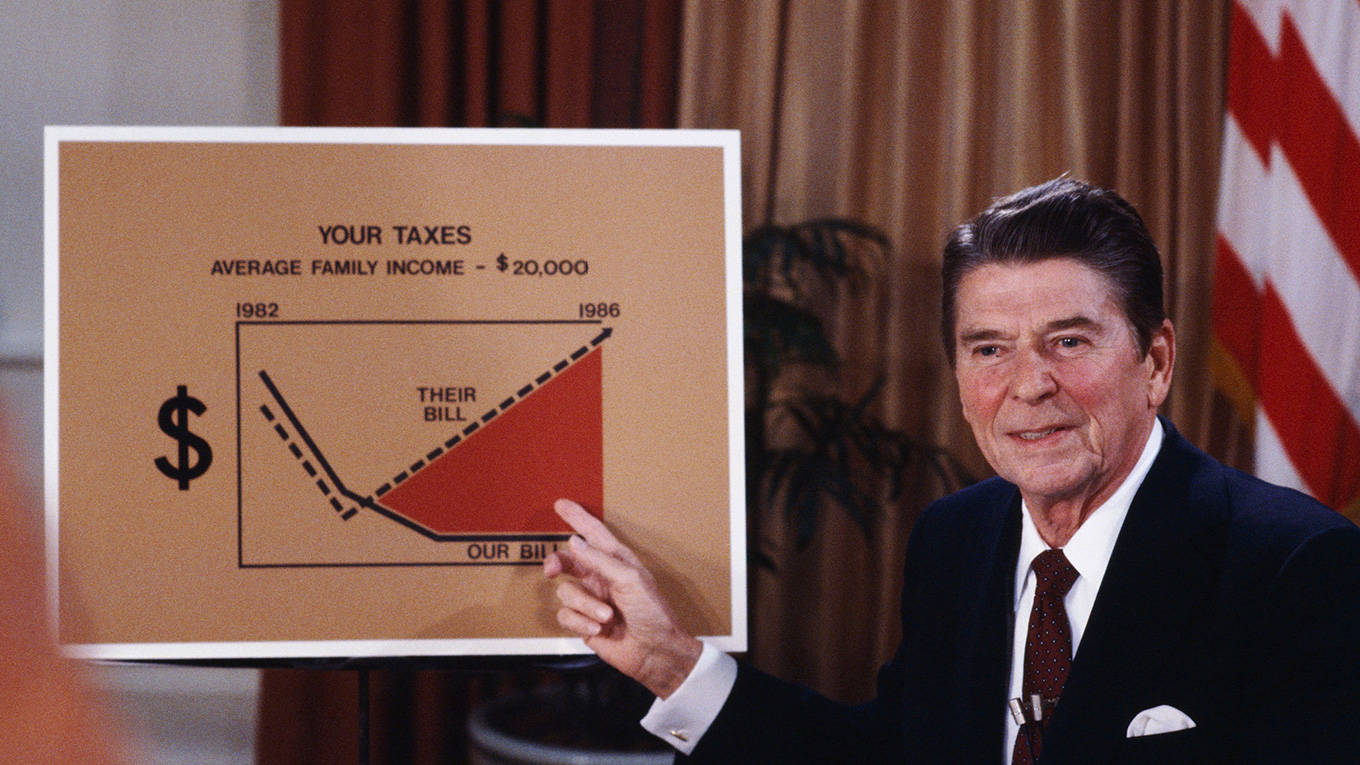
warns that Republicans' proposed tax legislation will blow up the US budget deficit – again.
Jeffrey Frankel, a professor at Harvard University's Kennedy School of Government, previously served as a member of President Bill Clinton’s Council of Economic Advisers. He is a research associate at the US National Bureau of Economic Research, where he is a member of the Business Cycle Dating Committee, the official US arbiter of recession and recovery.

warns that Republicans' proposed tax legislation will blow up the US budget deficit – again.
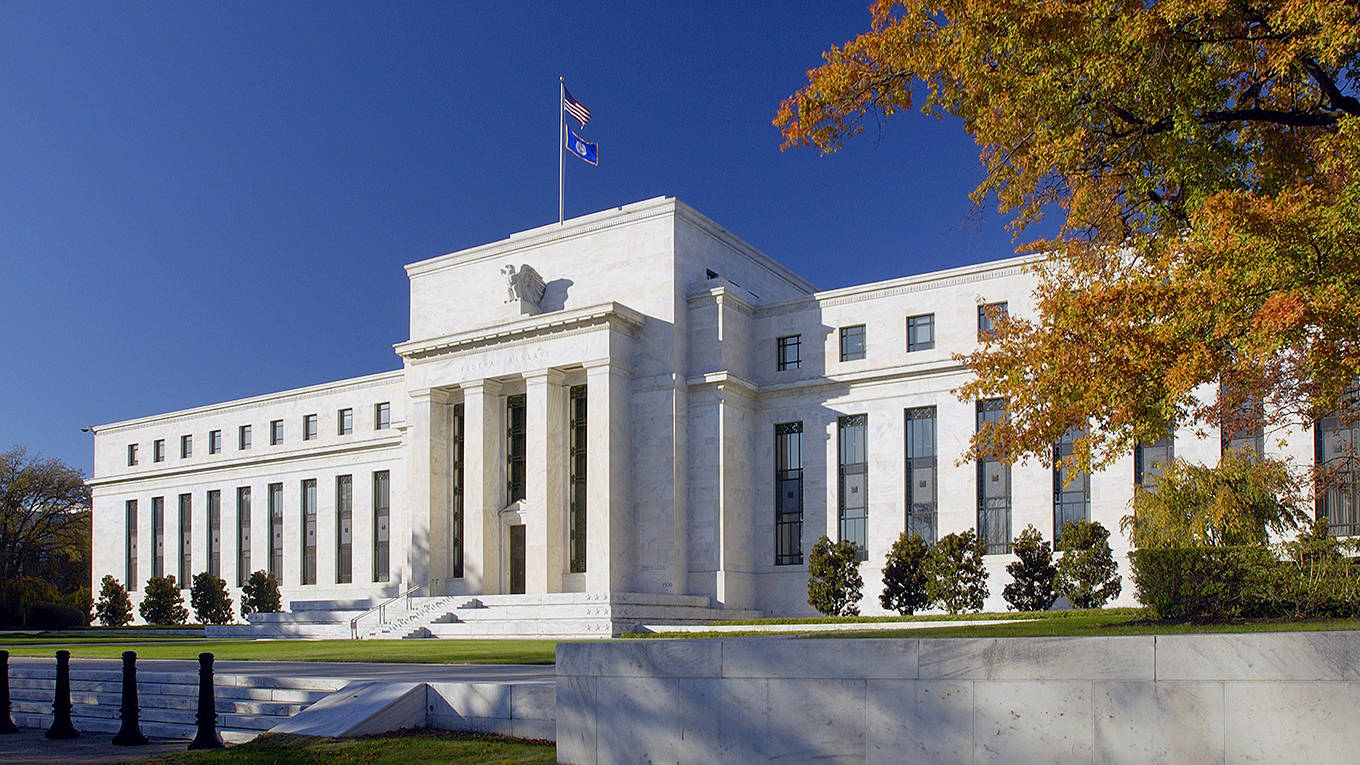
evaluates the five candidates the Trump administration is considering for the position.
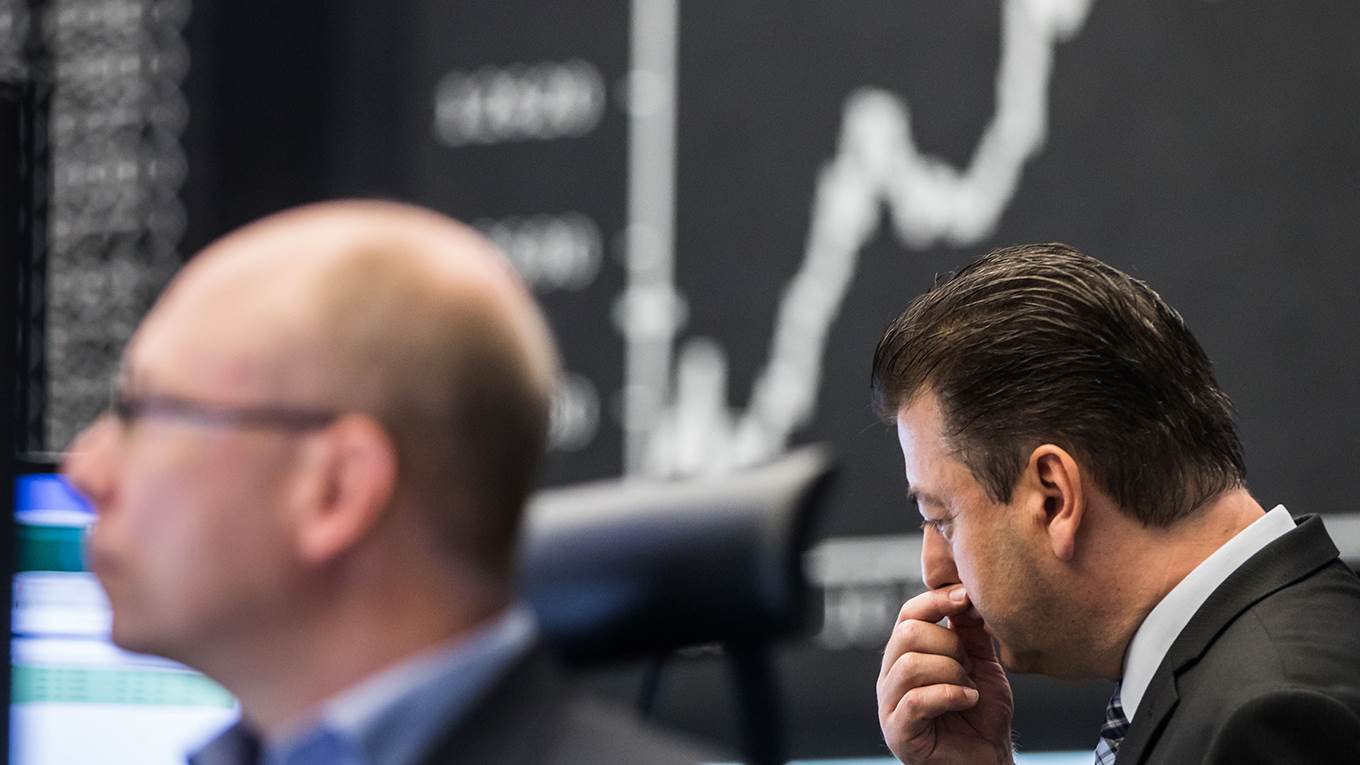
warns that current economic conditions are far less stable than investors seem to think they are.
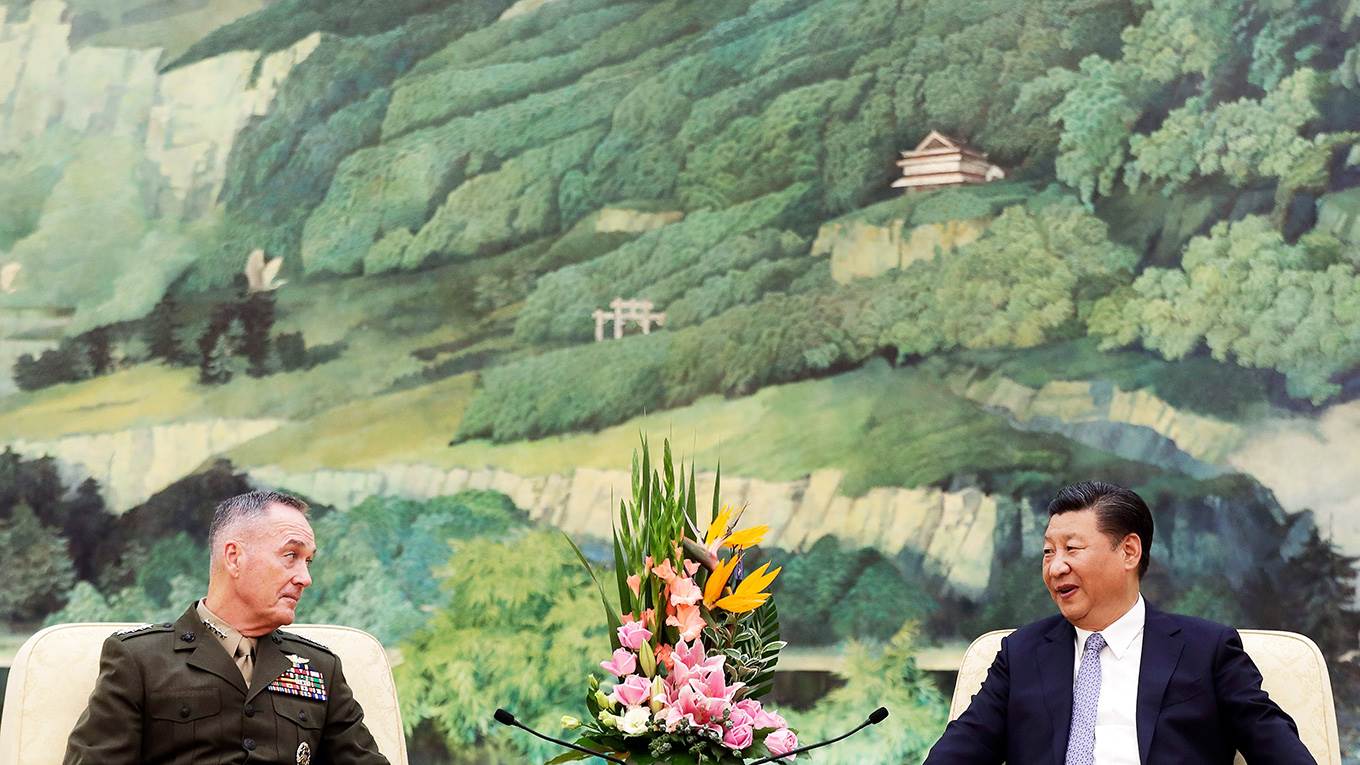
traces the flaws in the US president's bargaining tactics with regard to North Korea and China.

blames US Republicans' failure to reform health care on the party's refusal to accept reality.

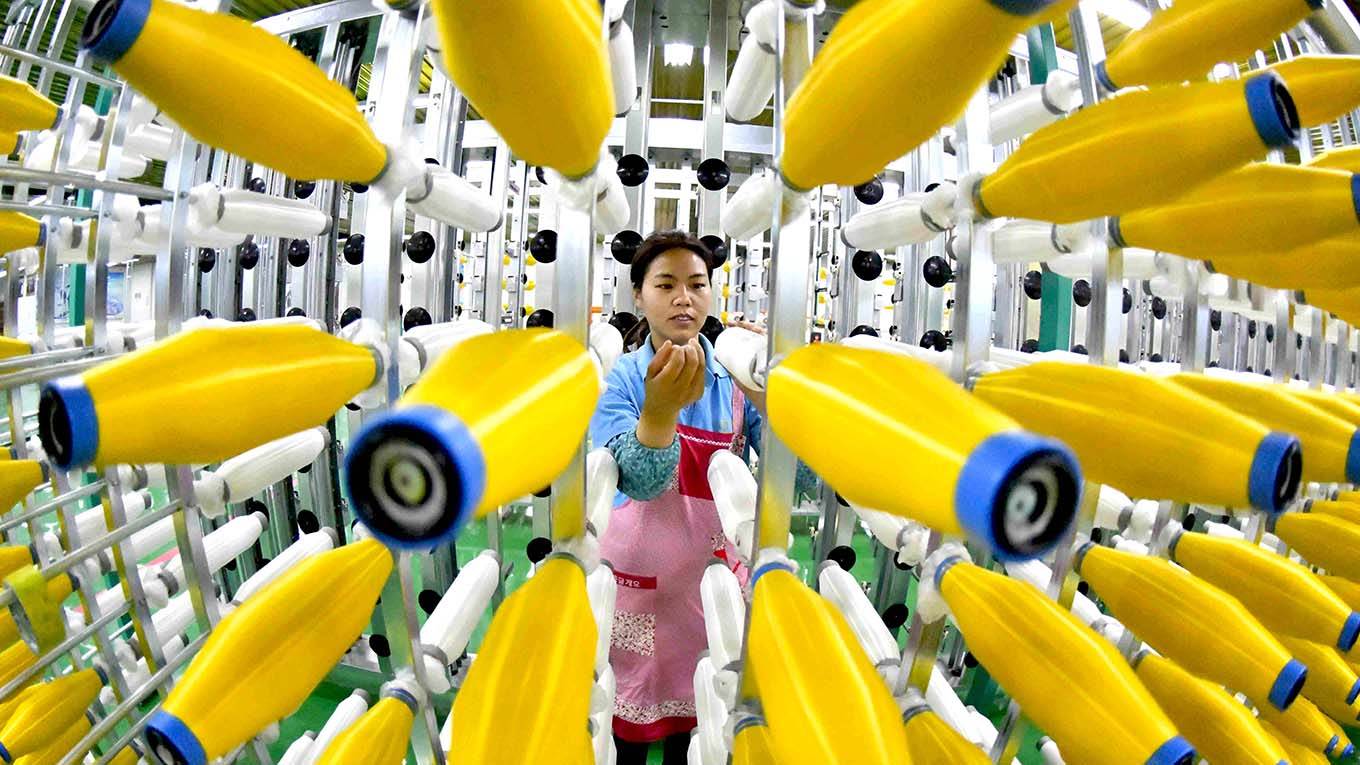
For four decades, China has achieved unprecedented economic growth under a centralized, authoritarian political system, far outpacing growth in the Western liberal democracies. So, is Chinese President Xi Jinping right to double down on authoritarianism, and is the “China model” truly a viable rival to Western-style democratic capitalism?

Artificial intelligence could be either the best or the worst thing that ever happened to mankind. To prepare for the profound changes to lives and livelihoods that lie ahead, the European Union should start establishing rules to protect all Europeans – and give the rest of the world a model to follow.
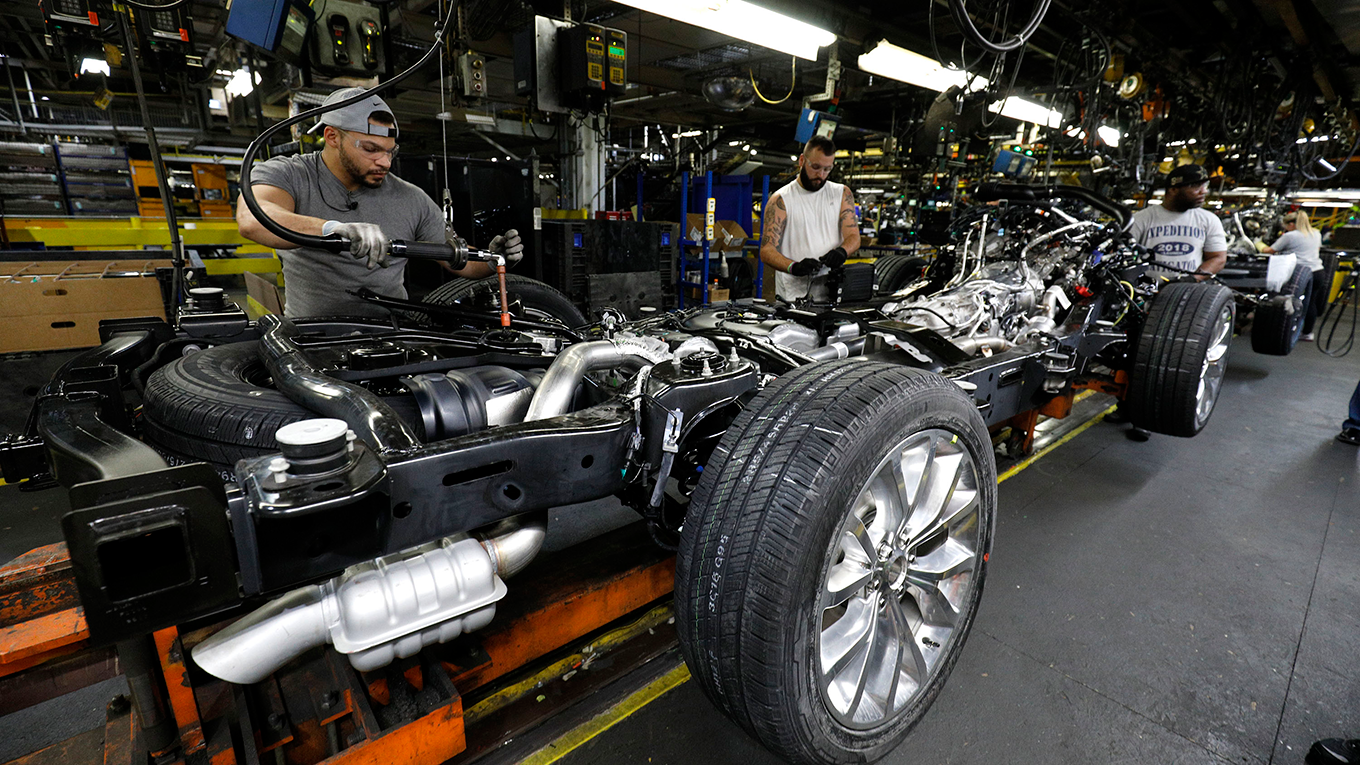
The global economy today is dominated by three major players – China, the EU, and the US – with roughly equal trading volumes and limited incentive to fight for the rules-based global trading system. With cooperation unlikely, the world should prepare itself for the erosion of the World Trade Organization.
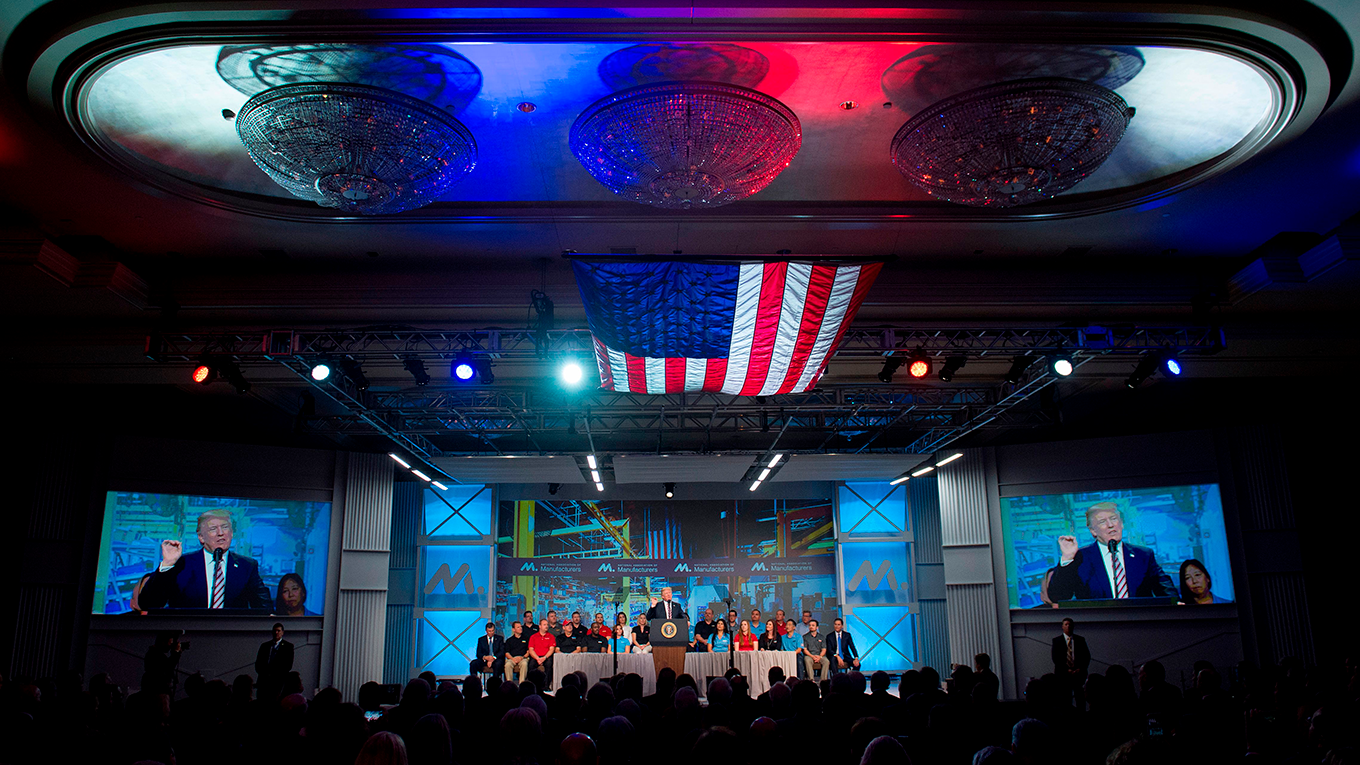
Globalization, which was supposed to benefit developed and developing countries alike, is now reviled almost everywhere, as the political backlash in Europe and the US has shown. The challenge is to minimize the risk that the backlash will intensify, and that starts by understanding – and avoiding – past mistakes.

Despite all of the doom and gloom over the United Kingdom's impending withdrawal from the European Union, key manufacturing indicators are at their highest levels in four years, and the mood for investment may be improving. While parts of the UK are certainly weakening economically, others may finally be overcoming longstanding challenges.

With Brexit looming, the UK has no choice but to redesign its future trading relationships. As a major producer of sophisticated components, its long-term trade strategy should focus on gaining deep and unfettered access to integrated cross-border supply chains – and that means adopting a multilateral approach.
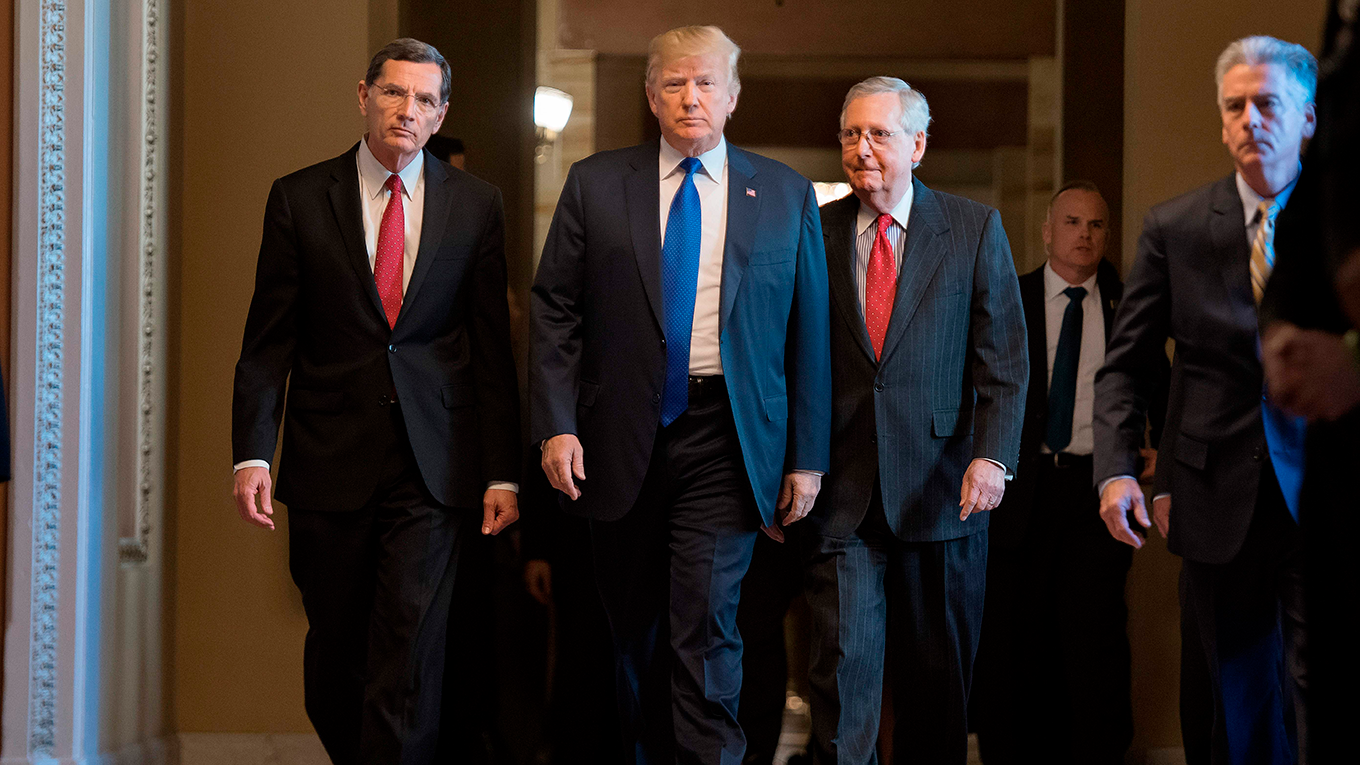
Many leading Republicans who stand by Donald Trump, and even the multi-billionaires who fund them, may have misgivings about the US president, just as the industrialists of Germany's Herrenklub probably once despised Hitler. But with few exceptions, they continue to support him – and for similar reasons.